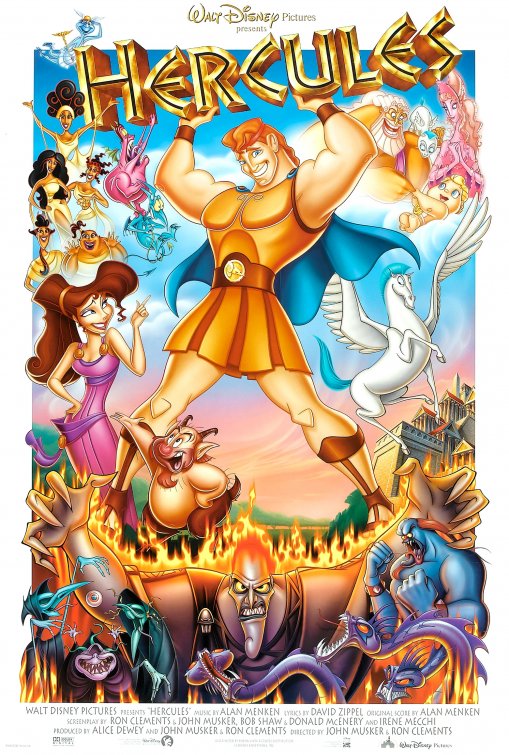
3 Ways Vanity Harms our Society
By Anna Booher, Contributing Writer
In 1984, actress Sally Field joyfully accepted an Academy Award for her leading role in the movie, PLACES IN THE HEART. In her speech, Field in a genuine moment of realization said to her audience (the people in the theatre as well as the people watching at home), “I can’t deny the fact that you like me, right now, you like me.” According to an article in The Cut, in years to come, people paraphrase the sentiment with an enthusiastic “you like me! You really like me!” Those statements resonated with people. Years ago, Field captured the growing desire in people to be seen and adored, not just by friends and family, but by people who don’t know them at all.
Paparazzi capture celebrities most glamorous and most banal moments. For instance, the viral video, “Zendaya eats ice cream with her teeth,” can be accessed on at least five different internet publications. Still, the need for adoration for outward appearances and achievements have existed since the days of the kings before Christ, such as Alexander the Great. According to Dr. Leo Braudy, author of THE FRENZY OF THE REKNOWN, the king employed historians, painters, sculptors, and gem carvers to capture his likeness performing magnificent deeds and showcasing his glory. As far back as the Old Testament, God warned Isaiah and his people about relying on man rather than seeking him. “Behold, they are all vanity; their works are nothing: their molten images are wind and confusion” (Isaiah 41:29). Here are three reasons why people should check their needs for approval and attention—the “you like me! You really like me!” If left unchecked, actions can become vain ones and not genuine.
- Perception is not always reality.
So much of how a celebrity today connects with their audience is conditional. According to Psychology Today, fame isn’t what it used to be. Today, people use celebrity images to market and advertise for their own purposes. Celebrity may project an image of freedom, but the image is manipulated and controlled. Publicists, managers, and agents have a say in who they interview, who they’re seen with, and where they are seen. They can even make conditions and dealings with paparazzi to make sure that their celebrity clients are represented the way that this marketing team wants them to be. Everything from the area, the topic, and who the celebrity is seen with is decided not just by the individual celebrity, but by a whole team.
Again, this kind of control over content has been exercised for years. According to an article in MSNBC, John F. Kennedy was encouraged to keep his distance from Rat Pack members like Frank Sinatra, who wrote the song “High Hopes” for Kennedy’s campaign, because The Rat Pack just didn’t fit with the polished image his team wanted for him.
Instagram, YouTube, celebrity channels, news networks, and even review sites like this one, does not give the viewer the kind of personal connection people often think they are receiving. Even real relationships can be sacrificed for positive public reception.
- Vanity hijacks our attention.
Like the media, vanity distracts us from our real relationships. Historian, moralist, and social critic Christopher Lasch labels the whole culture as narcissistic in his book, THE CULTURE OF NARCISSISM. He comments, “we now gossip with strangers about other strangers.” He wrote this in the late 1970s.
Since then, people have been given the ability to “like,” “comment” and “reshare” other people’s voices. This is not inherently bad, but it can be time-consuming and repetitive, making the frequency in which opinions, sentiments and love are shared less meaningful.
For as long as vanity has existed since sin entered the world and the living’s actions have been informed by jealousy, pride and vanity, people have competed with each other to be more informed or “woke,” more edgy, and even more moral or better than the next person. With increasing access to friends, family and celebrity, people put themselves in the position to judge, not how God judges, but how familiars and even strangers judge or hypothetically judge them. It distracts people from “loving their neighbors as themselves,” because people are encouraged to publicly display who they are to society and to the world.
- Vanity informs our beliefs.
Instead of God’s Word, people often find themselves looking to public opinion for validation. A harsh example of this can often be found in popular media. Celebrities are often shamed for their appearances in publications. The world thinks it has the right to make examples out of people to make statements about things unworthy of being judged. An example of this is “thin” is good and “fat” is bad. As a result, women in a study in Personal and Social Psychology Bulletin were proven to be more affected about body image for up to two weeks after celebrity body-shaming was published, like Tyra Banks being shamed in a swimsuit in 2007 or Kourtney Kardashian being shamed by her husband by not losing her baby weight quickly enough in 2014.
Other people’s opinions deprive as well as addict people. According to MRI scans in a study by Robert D. Lieberman, someone hearing nice things told to them by another person gives them a similar feeling of pleasure to eating a scoop of his or her favorite ice cream. People desire validation and praise. In a following study by Lieberman, twelve-year-old Penelope’s reward system in her brain lit up just by seeing faces of other YOUTH who agreed that they’d like to chat with her online. She did not personally know these other children. She also felt rewarded when those children agreed to chat with her, but she had no desire to chat with them.
These encounters can seem so obviously meaningless just reading about them, but what strangers in society think can cause genuine hurt. People face rejection every day for any reason, making them care about being “liked” all the more. People become passionate about vapid things. Their judgment is based in vanity.
Vanity causes people to be misinformed, distracted and even hurt. When Job was suffering, a friend told him that vanity begets vanity. “Let not him that is deceived trust in vanity: for vanity shall be his recompense” (Job 15:31). When Job, continually relied on God in his pain instead of crying out against Him or choosing his own way, he returned to fullness and was restored.
It took Jonah being swallowed by a whale to remember who he needed to turn his attention back to: “When my soul fainted within me, I remembered the Lord: and my prayer came in unto thee, into thine holy temple. They that observe lying vanities forsake their own mercy. But, I will sacrifice unto thee with the voice of thanksgiving; I will pay that that I have vowed. Salvation is of the Lord” Jonah 2:7-9.
The individual cannot ultimately look to himself or to the opinions of human beings to know who he is.
Questions or comments? Please write to us here.


 - Content:
- Content: 

